Andrew Neil: The ‘outsider’ who has vowed to take on the TV establishment
He’s spent decades at the centre of some of the media industry’s biggest institutions, writes Sean O’Grady. So how will Neil’s GB News take on the main players?

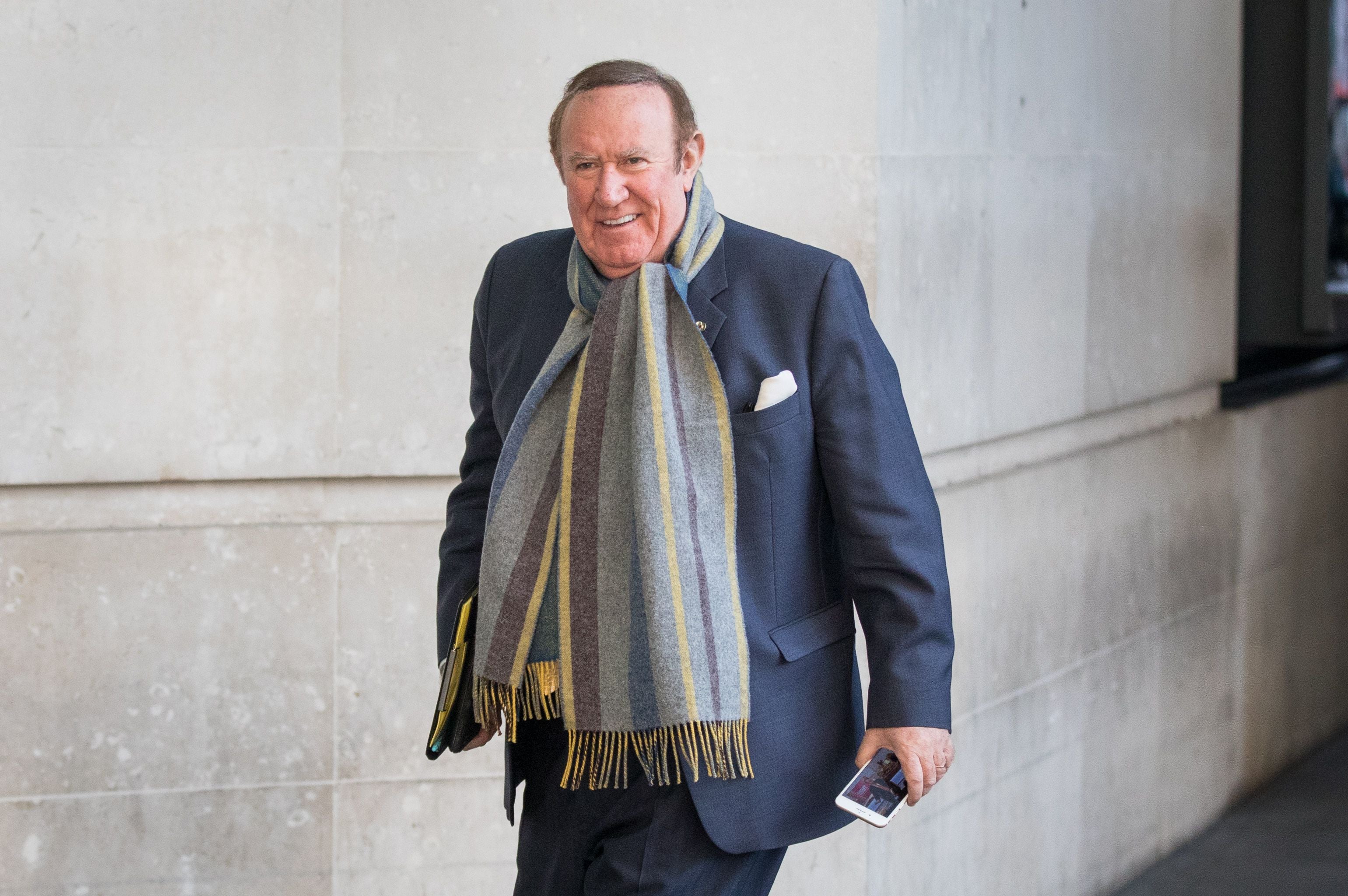
Andrew Neil is what I think would nowadays be called a “grifter”. In the nicest of ways, I hasten to add. In his autobiography, Full Disclosure, published a quarter of a century ago, and badly in need of an update, there is photograph of a young Neil in the sixth form cricket team at Paisley Grammar School, circa 1967. Yes, indeed, cricket at a Scottish school, an early and characteristic marker of his often self-described status as an “outsider”. Anyhow, there he is in his smart blazer and shorts, with a fine thick head of dark hair, a hint of a smile playing around his lips.
To the group photo he adds this caption: “It might have been the start of a great cricketing future, but the local newspaper needed somebody to do match reports so I gave up playing for writing – almost certainly a sensible career move. It was my first experience of journalism – an opportunity for me which might have had something to do with the fact that my brother was editor of the Paisley Daily Express. On the other hand, there was nobody on his staff who knew much about cricket – or wanted to spend their Saturday afternoons watching it.
“I was delighted to do so, especially since the clubhouse bar was open all day and the tennis club next door was full of pretty girls. It was then that it dawned on me that newspapers were prepared to pay you to do what you do for free anyway. That seemed a pretty reasonable way to spend a life.”
And so there you have it; a scoop – the Great Andrew Neil Confession. All these years Rupert Murdoch, the Barclay brothers, the BBC, and now the investors in GB News have been chucking literally millions at Neil, and all along he’d have done it for nowt. Clever guy.
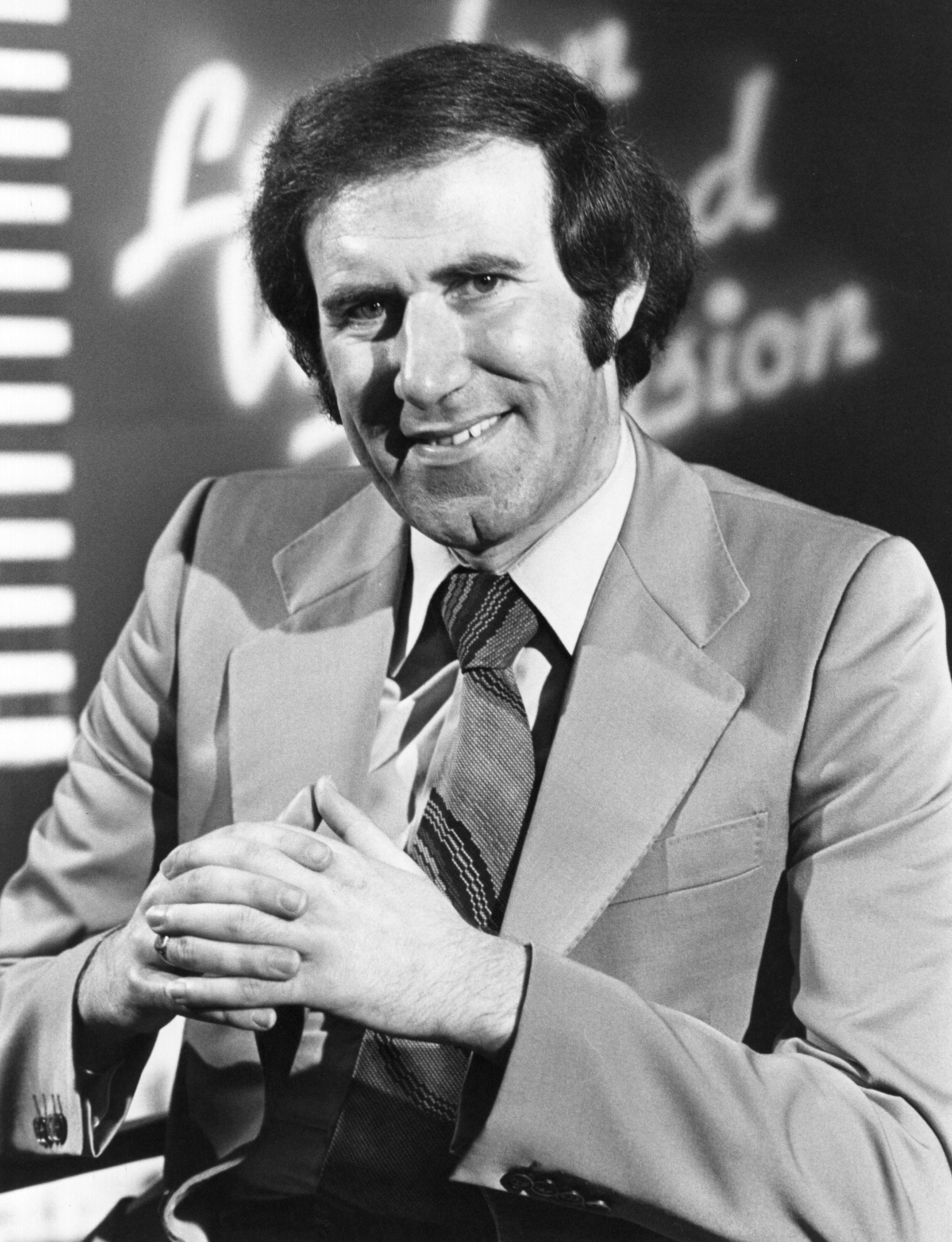
He’s certainly enjoyed the fruits of his considerable journalistic talents (there is, after all, a reason why he’s rarely been without a job and an offer of at least another job in his back pocket). If the rumours are to be believed – and this one is “too good to check” as they say on Fleet Street – Covid travel restrictions mean that Neil is confined to his comfortable base on the Côte d’Azur, and will, at 8pm on Sunday 13 June, have to launch his latest mould-breaking broadcast venture from his patio. Let’s hope the weather holds up for him.
If other, equally juicy, stories are true, then some of the GB News “talent” might have flounced out by then, including Michelle Dewberry, former Apprentice winner, businessperson and, latterly, Brexit Party candidate. There’s muttering about Neil’s brusque management style.
Neil comes from a working-class Presbyterian Scottish Tory background, and those values are with him still today
No surprise there, then, and, at 72, Neil has pretty much seen it all, at least once, having been involved in two previous TV start-ups – Sky and Fox News, and, on top of the glory years of The Sunday Times, edited The Spectator and The European, and became the most feared and respected political interviewer in Britain. He’s run businesses and is one of the few people to have upset the Queen, Margaret Thatcher and Rupert Murdoch – and dined out on it. His mission at The Sunday Times was to “ruin the Sunday breakfasts of the rich and powerful”. It still is.
Around the time Neil was throwing googlies at teenage cricketers rather than prime ministers, the rector of his school offered a one-word assessment of the nascent Neil personality: “Forthright.” Indeed, so, and so much so that even Murdoch urged him to go a bit easier on some of the more deliberative personalities Neil discovered when he was hired, aged 33, to become editor of The Sunday Times. It is difficult now, in the digital age, to comprehend the strange ways of the newspaper industry back then, but it can basically be summarised as a world in which these great titles were being run by, and for the benefit of, the journalists and the printers rather than the shareholders or, indeed, the readers. He was infuriated when one of his investigative journalists, whom he rated, thought it OK to spend eight months out of the office writing books when she was wanted to revamp the famous Sunday Times Insight team. There was much more of that around.
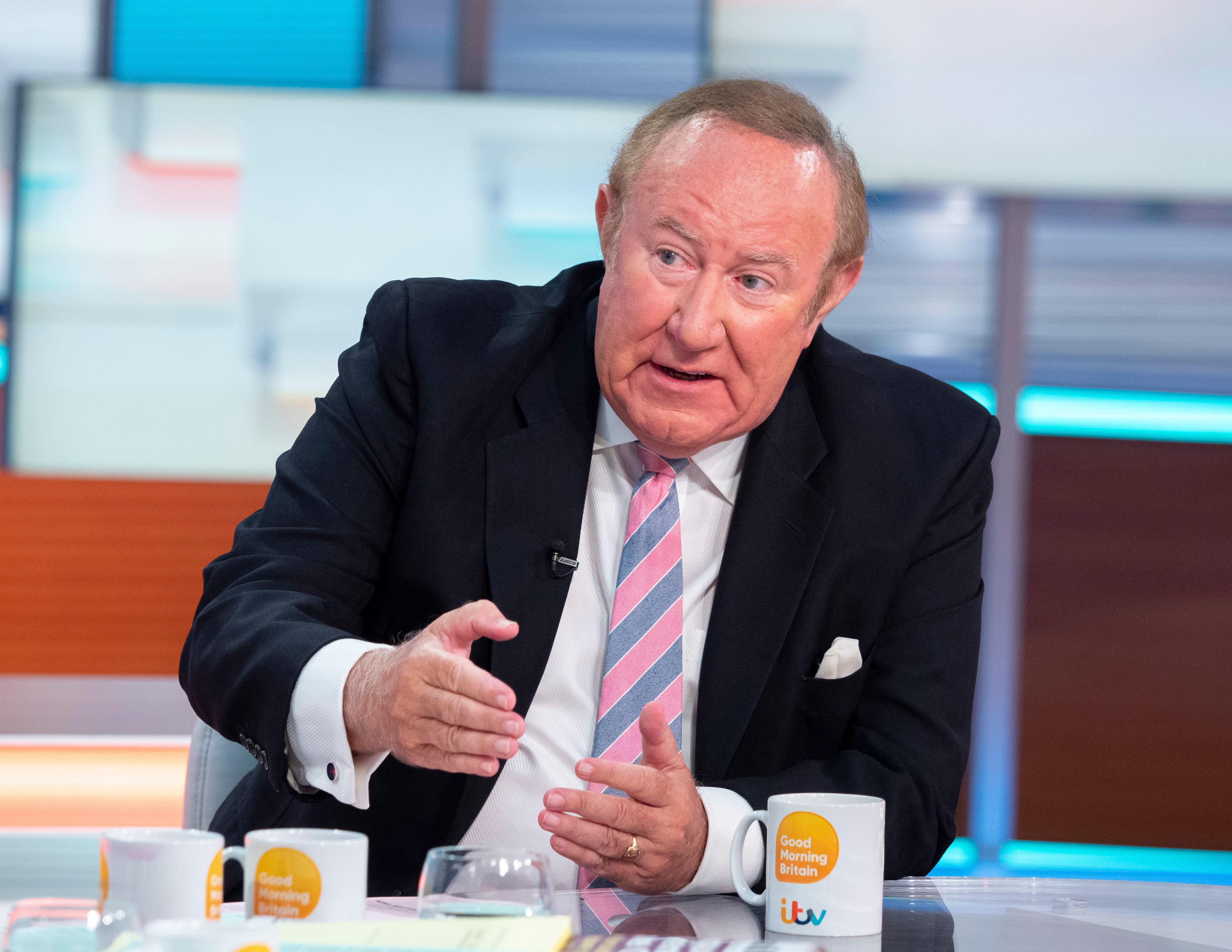
The Sunday Times, with its closed shops, quaint restrictive practices and spoiled hacks, was a microcosm of a Britain in seemingly terminal decline. Following the example of a pioneering chap named Eddie Shah who had launched a new newspaper, Today, Murdoch and Neil set about breaking the unions and introducing the new technologies taken for granted today. Without such new freedoms, a 1986 newcomer called The Independent would never have been established.
Neil comes from a working-class Presbyterian Scottish Tory background, and those values are with him still today. In interviews, Neil explains that his father, James, was a desert rat in the Second World War, eventually becoming a town hall civil servant. Mum, Mary, worked in the cotton mills, and, in 1954, they moved into a decent new council house and young Andrew had the great benefit of a free state grammar school education. In interviews, Neil sometimes seems puzzled that they were rather content with their lot in life, but maybe that was a consequence of the stability and (relative) prosperity that came late to the generation born just before the First World War and who went through the Great Depression, Hitler’s war and post-war austerity before things settled down for them.
He was not quite a Thatcherite before Margaret Thatcher, but not far behind, and his enthusiasm for private enterprise and market economics were not typical among journalists at the time (or even now)
As he got into his teens and a teacher encouraged him to read the newspapers (Neil favoured The Times), Neil dabbled in politics. He was chair of the Federation of Conservative Students, making a speech at the 1970 Tory conference supporting incomes policy and regional policy. The BBC’s commentator and grand inquisitor of the time, Robin Day, remarked that this young man was clearly heading for parliament. So much for BBC bias. Neil wrote texts for the leader, Ted Heath, and was a conventional pro-Europe Heathite corporatist; but by the end of the decade Neil was working in the US for The Economist, and, like many others, felt that a radical change of direction was needed.
The free market entrepreneurs of America seem to have inspired him as much as his studies of economics at Glasgow University (which he considered older and superior to most if not all “Establishment” Oxbridge colleges). He was not quite a Thatcherite before Margaret Thatcher, but not far behind, and his enthusiasm for private enterprise and market economics were not typical among journalists at the time (or even now). According to a recent candid interview with Amol Rajan, Neil sums up his economic philosophy as the maintenance by government of aggregate demand at a level consistent with full employment, providing that the supply side of the economy is flexible and efficient enough to respond, and that the public spending doesn’t simply suck in imports or fuel inflation. It’s about as sensible and mainstream a view as you can have, but it was some way from the conventional wisdom that revolted Neil when he was about to get his great break. Neil’s distaste for the failures of Britain’s ruling class commended him to Murdoch, and he caught something of the zeitgeist.
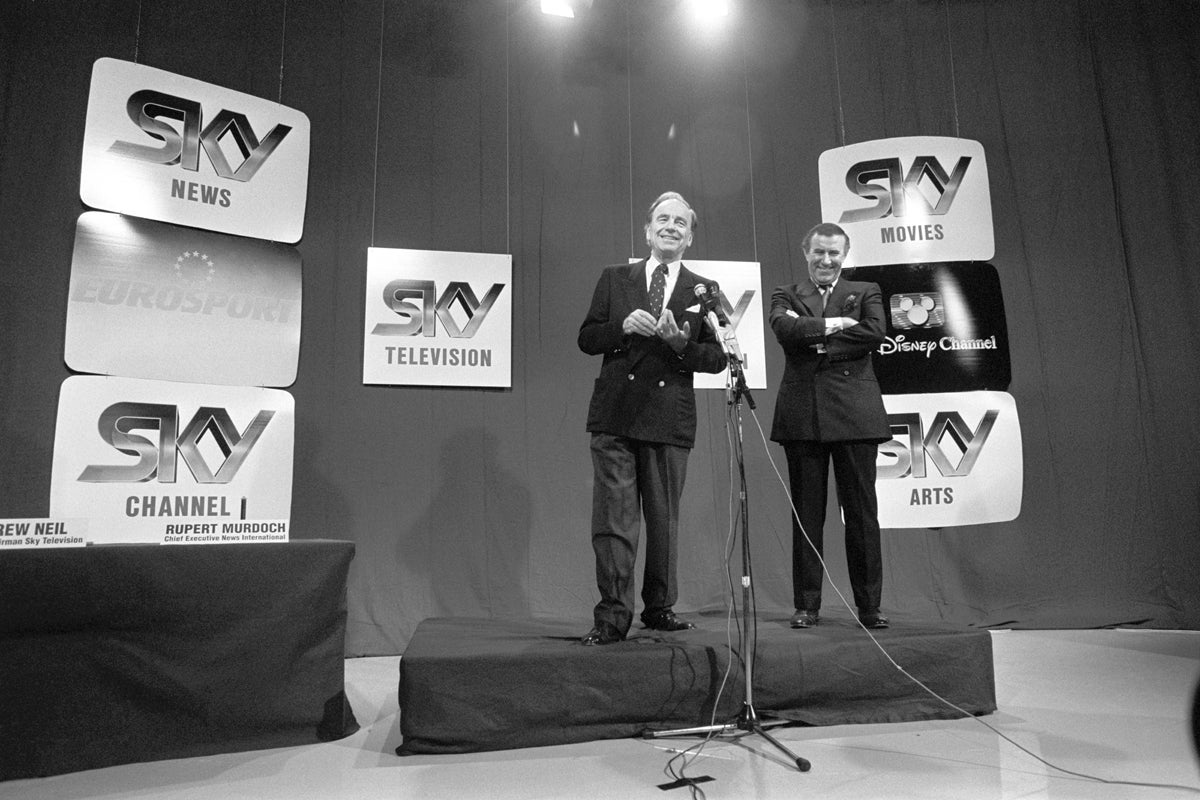
If you want to know what to expect from GB News, you need to understand Neil’s burning contempt, then and now, for the British Establishment, including the media establishment. Here are Neil’s own words: “Meritocracy, social mobility and the market economy were the constant refrains of The Sunday Times, perhaps its dominant leitmotiv, during my editorship. This reflected my own strong view that Britain was still too hidebound by class division and privilege, and that it had been failed by a post-war Establishment which preferred what it was calling privately by the late 1970s the ‘civilised management of decline’ to the hard slog of pushing through the policies that would produce a British economic and social renaissance. In my later years at grammar school and university I had developed a dislike for the peculiar combination of snobbery and incompetence which characterises the English Establishment, its automatic assumption of its right to rule, its failure to do so wisely. It was not that it was holding me back: thanks to caring parents, education, luck and opportunity the world seemed to be my oyster. But it was holding my country back.”
His grilling of Johnson on the practicalities of Brexit was both prescient and exposed the old Etonian for the terrible bluffer he was
Needless to say the BBC, fits into this world view rather neatly. There is a central contradiction here and in the whole rationale for GB News. Neil asserts that BBC News, Sky News (ironically), ITN/ITV News and, especially, Channel 4 News are all either left or centre-left in their outlook and therefore GB News acts as a kind of centre/centre-right antidote, allowing people outside “London” (more a state of mind than a geographic entity), to have a voice, and so on. Yet it was the BBC (Samir Shah in fact) who contacted Neil with a job offer after he had parted company with Murdoch in 1995 (the pair haven’t spoken since). It was at the BBC’s studios in Millbank, the centre of the “bubble”, that Neil met and worked with Robbie Gibb, later Theresa May’s press secretary and one of the early movers behind GB News, and who recruited Neil to it. Neil himself testifies to the fine journalists who work in the BBC’s Westminster operation, and the lengths to which they go to get things right and to be impartial (the author can also attest to this, having worked there at the time). It was the BBC’s Amol Rajan who has entered into the most grown-up and intelligent conversation with Neil about his new station. And it is full of broadcasters from Sky News. It was Neil who was chair of Sky News, and its values are much as they were when Neil was there.
And yet the monstrous myth is gaining currency that the BBC (and Sky) are somehow partial and biased. Neil argues some ex-BBC execs have admitted as much, but there is a difference between personal views and making television programmes, as Neil well understands. He was the BBC’s greatest asset as an interviewer, and his devastating address to Boris Johnson when Johnson ran away from an interview deserves to be remembered. It, and his humiliation of Johnson during the 2019 Tory leadership campaign, stand as evidence that Neil is no Tory patsy, either. His grilling of Johnson on the practicalities of Brexit was both prescient and exposed the old Etonian for the terrible bluffer he was. Here’s the best bit:
AN: So how would you handle – you talk about Article 5B in GATT 24...
BJ: Paragraph 5B. Article 24. Get the detail right. Get the detail right, Andrew. It’s Article 24 paragraph 5B.
AN: And how would you handle paragraph 5C?
BJ: I would confide entirely in paragraph 5B, because that is ...
AN: How would you get round what’s in 5C?
BJ: I would confide entirely in paragraph 5B which is enough for our purposes.
AN: Do you know what’s in 5C?
BJ: No.
As Neil himself once put it, if he has a bias it is in favour of truth. The BBC botched its handling of their star, cancelling his shows last year without much consultation, and it would have been much better all round if he was still at the corporation. Not for the first time, the BBC proved itself to be its own worst enemy.
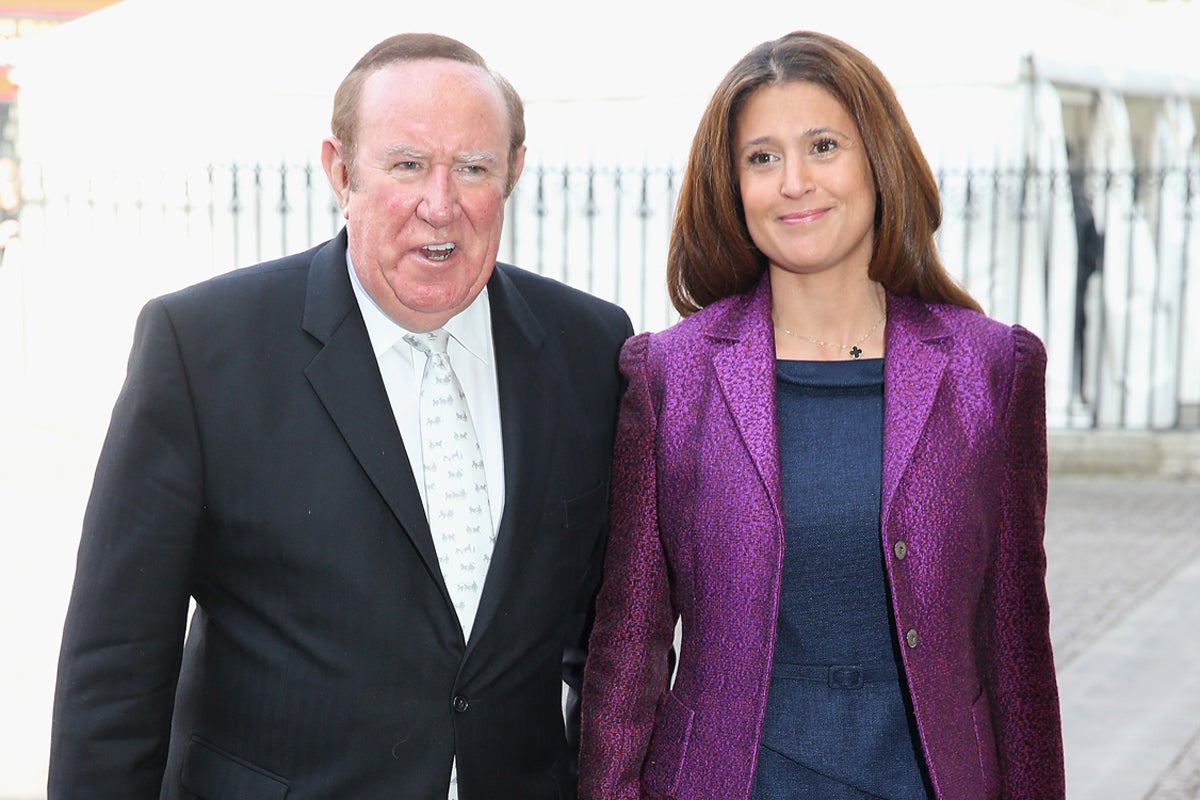
Neil says that GB News will be his last big gig, and one can believe that. He settled down late in life, marrying only in 2015, and his hard-partying days at Tramp are over. Private Eye shows no sign of going a bit easier on “Brillo Pad” (a reference to his wiry hair) though that bizarre photo of a hairy-chested Neil in baseball cap and vest with his arm round a girl considerably his junior hasn’t been seen for a while. Memories are fading of his stormy relationship in the 1980s with the glamourous Pamela Bordes (who was simultaneously being wooed by Donald “Pixie” Trelford, editor of The Observer).
He has owned up to mistakes in his career, such as some problematic coverage of the Aids epidemic, using David Irving as an expert “technician” to analyse the Goebbels diaries, and racist content in The Spectator. He is, though, fond of being at the centre of attention and controversy, hates “political correctness”, and will probably regard the outrage he will provoke in “woke” circles as just so much good publicity. The suggested “woke watch” segment sounds like an incitement to hatred, and the notion of dishing out “the good news” about Britain reminds one of a similarly ill-starred proposal from chirpy Welsh ex-BBC newsreader Martyn Lewis – awful mushy sentimental stuff about kids, seal pups and giant marrows, the very antithesis of journalism.
For those of us with the kind of sour, cynical streak that long exposure to journalists and journalism often incubates, the dream would be for Paul Dacre to become guardian of television standards as chair of Ofcom, and then have to tell Andrew Neil off for going too far. British broadcasting might never recover from the shock.
Join our commenting forum
Join thought-provoking conversations, follow other Independent readers and see their replies
Comments